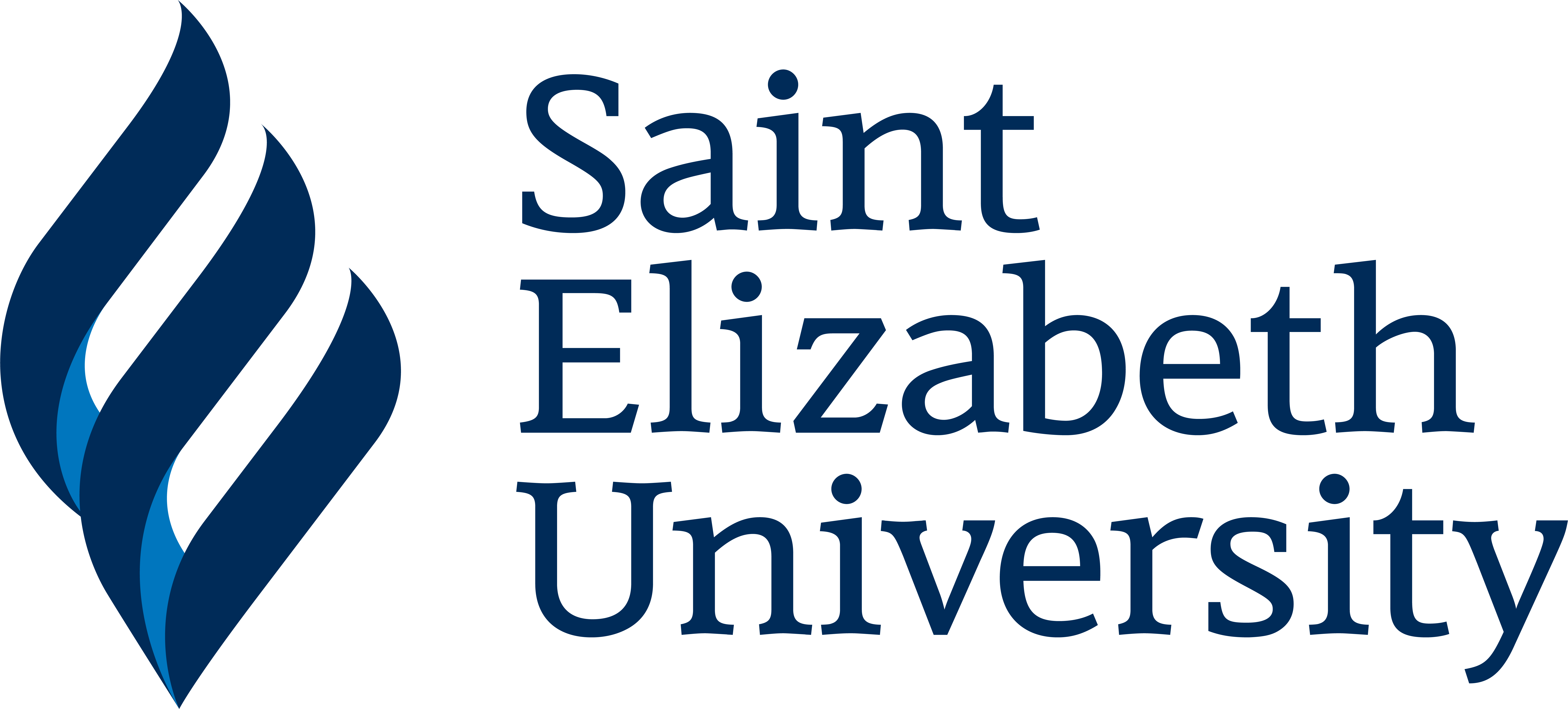A critical last step after finalizing your financial and estate planning documents is ensuring the right individuals have access to them. Remember to consider any digital files as well as hard copy documents, and ensure that the right individuals have passwords, access, and even knowledge that these digital assets exist.
If your documents are in a secure place unknown or unavailable to family, your estate may suffer financially and your wishes may not be honored. For example, without a will, regardless of your personal wishes, state laws will determine the transfer of your estate. Inactive financial and bank accounts may become the property of the state. Without a medical power of attorney, family members may not agree on who is to make potentially life-altering decisions and could ultimately end up in court.
To avoid these potential issues, consider the following checklist:
- Will: Keep an original will in a secure place known to a trusted family member, or perhaps with your attorney.
- Revocable living trust: Provide an original to legal, financial, and investment advisors, with a copy to the successor trustee.
- Financial power of attorney: Provide multiple originals of the financial power of attorney to the person you have appointed, with originals also to legal and financial advisors.
- Medical power of attorney: Provide originals to the individual you have appointed, as well as trusted family members, all physicians, and your attorney.
- Living will: Give originals to immediate family, all physicians, and your attorney.
- Funeral and burial instructions: Provide a copy of funeral and burial arrangements to a spouse, children, a trusted family member, and others who will be making final arrangements, including a funeral director if you have prearranged your funeral.
- Electronic and social media account logins: Keep the list in a secure place, known to a trusted individual, and to whom you appoint in your financial power of attorney.
- Financial and bank accounts: Keep a written list of the account log-ins and passwords in a location known to a trusted family member or other individual.
- Document location list: Make the location of this master document known to immediate family and the person appointed in the power of attorney, along with your attorney.
- Personal contacts list: Create and make available a list of individuals, as well as professional advisors, you would like to be contacted in the event of a serious illness and/or death—this will be of great assistance to family members or a close friend.
Each family has its own dynamics. If you want to be the one to have control of who will make critical financial and health care decisions for you should you become incapacitated, and to honor your final wishes, you must have the documents in place and accessible to those who will be carrying out those functions.

